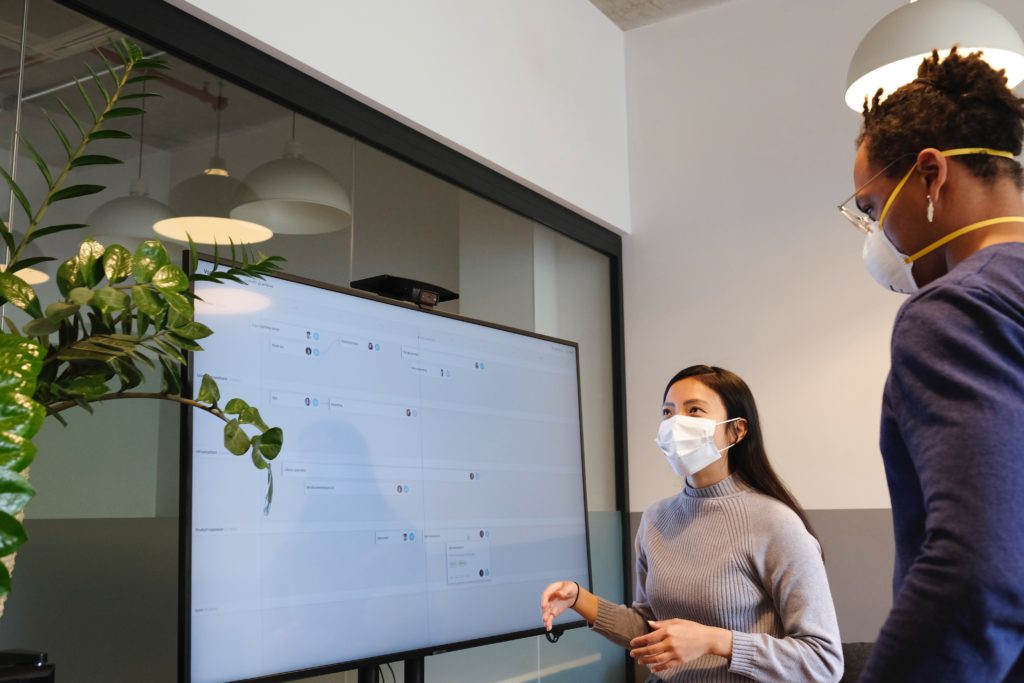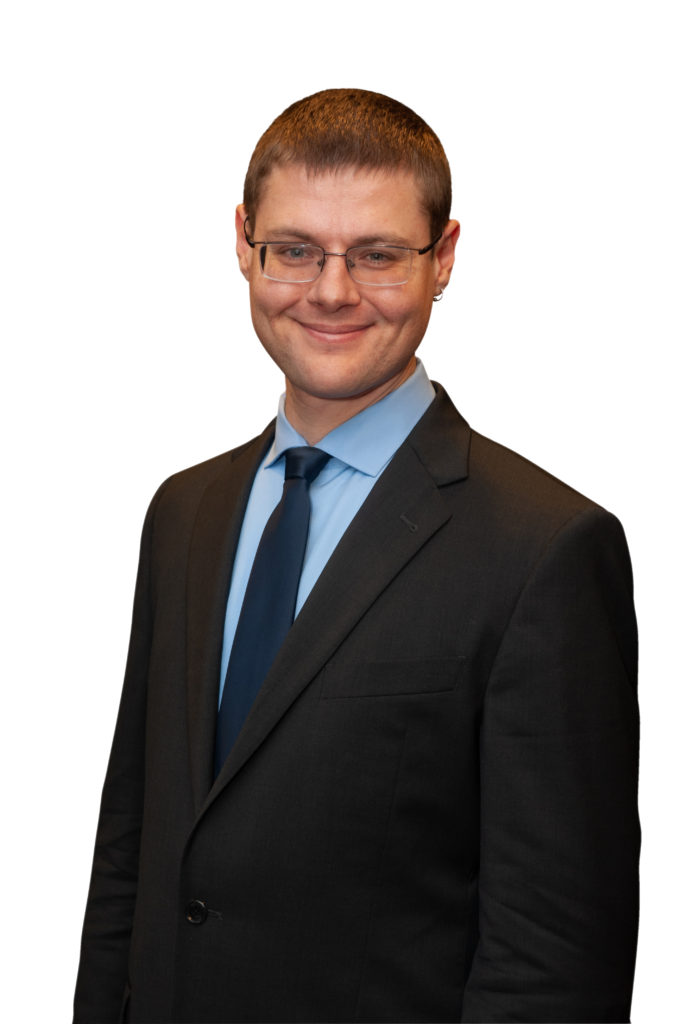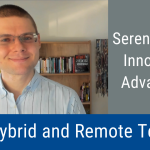
The pandemic has forced organizations to recognize that they need to adapt their work culture to the hybrid and remote future of work. Employees will be spending different amounts of time in the office: some essential employees might be there full-time, others will be there 1-3 days a week, and some will be fully remote. That presents the danger of a sense of resentment building up between “haves” and “have nots” around schedule flexibility. How do you create a work culture that addresses such concerns?
If you enjoy video, here’s a videocast based on this blog:
And if you like audio, here’s a podcast based on the blog
Or simply read onward!
Our Future is Hybrid
Recent surveys have shown that two-thirds of all US workers spent time working remotely during the pandemic. With the pandemic winding down, two-thirds to three-quarters of surveyed employers intend to have a mainly-hybrid schedule after the pandemic ends.
Plenty of large companies have already announced a switch to a permanent hybrid model of one to three days of work in the office after the pandemic. A smaller, but still sizable, number of big companies have decided to let many or all of their currently-remote employees work from home permanently.
The decisions largely match worker desires. Surveys (1, 2, 3, 4, 5, 6, 7, 8) show that two-thirds of all employees wish to remain on a post-pandemic hybrid schedule permanently, while a quarter of all employees favor a fully-remote schedule. For this to work, organizations need to adapt their work culture to accommodate remote and hybrid workers.
Why Have Organizations Failed to Adapt to the Future of Work?
Leaders often fail to adopt best practices because of dangerous judgment errors called cognitive biases. These mental blindspots result in poor strategic, relationship, and financial decisions. They render leaders unable to resist following their gut and their personal preferences instead of relying on best practices.
One of these judgment errors is called functional fixedness. When we have a certain perception of appropriate practices and processes, we tend to disregard other more appropriate alternatives.
Transposing existing ways of collaboration in “office culture” to remote work is a prime example of functional fixedness seen among leaders during the pandemic. That’s why leaders failed to strategically address the problems arising with the abrupt transition to telework.
Another cognitive bias, which is related to functional fixedness, is called the not-invented-here syndrome. It’s a leader’s antipathy towards adopting practices not invented within their organization, no matter how useful.
Defeating these cognitive biases requires the use of research-based best practices. It means adopting a hybrid-first model with a minority fully remote. To do so successfully requires creating a new work culture well-suited for the hybrid and remote future of work.
Adapting Your Work Culture to the “Excellence From Anywhere” Strategy
Some organizations may need some employees to come in full-time. For example, one of my clients is a Fortune 200 high-tech manufacturing company with over 25K employees. It needs many employees to be on the factory floor. Others may need to come in on a hybrid schedule even if they worked full-time remotely during the pandemic. A case in point: some research and development staff are able to innovate better if they can access equipment in the company’s labs. Some others may have team leaders that want them to come in one day a week to facilitate team cohesion and collaboration, even if they can do all their work fully remotely. And still other employees have team leaders that permit them to do full-time remote work.
Such differences have the potential to create tension and aggravation between employees. Addressing these potential cultural divides over flexibility is vital to prevent a sense of have and have-not from developing.
Leaders can prevent this possible issue from developing by focusing on a shared culture of “Excellence From Anywhere”. A flexible organization culture that takes into account the nature of an employee’s work and promotes task-based policies, allowing remote work whenever possible, addresses these concerns.
The “Excellence From Anywhere” strategy creates a work culture that focuses on deliverables, regardless of where you work. This shifts focus from the old “time in the office” primary measure of evaluating performance. Doing so also involves adopting best practices for hybrid and remote collaboration and innovation. Boosting such best practices helps integrate employees into a work culture fit for the future of work while fostering good relationships with managers. Research shows these are the most important relationships for employee morale, engagement, and retention.
By valuing deliverables, collaboration, and innovation through a focus on a shared work culture of “Excellence From Anywhere,” you can instil in your employees that as long as you can deliver your assigned tasks on time, it doesn’t matter from where you work. The core idea is to get all of your workforce to pull together to achieve business outcomes: some may need to be in the office and some may not, but the location doesn’t matter, the deliverable is all that matters. This work culture addresses concerns about fairness by reframing the conversation to focus on accomplishing shared goals, rather than the method of doing so. After all, no one wants their colleagues to have to commute out of spite. If the focus is on achievements, rather than methods.
Conclusion
The transition to a hybrid and remote work culture in the post-pandemic recovery leads to the threat of resentment of those who have to come to the office more often to those who come less often. To address such concerns around the amount of time spent in the office requires creating a work culture of “Excellence From Anywhere.” This work culture reframes the conversation to help everyone focus on pulling together to achieve shared business objectives and prioritizing deliverables rather than where and how you work.
Key Takeaway
Hybrid and remote work can lead to serious tensions around differences in time spent in the office. To address this, leaders must create a work culture of “Excellence From Anywhere” that focuses on deliverables rather than where you work…> Click to tweet
Questions to Consider (please share your answers below)
- What challenges with work culture are you facing in the transition to the future of work?
- How have you worked to adapt your organization’s work culture to hybrid and remote work?
- What measures will you take to improve your work culture based on this article?
Image credits: Airfocus
Originally Published at Disaster Avoidance Experts on December 14, 2021.
Bio: Dr. Gleb Tsipursky is a world-renowned thought leader in future-proofing, decision making, and cognitive bias risk management. He serves as the CEO of the boutique future-proofing consultancy Disaster Avoidance Experts, which specializes in helping forward-looking leaders avoid dangerous threats and missed opportunities. A best-selling author, he wrote Never Go With Your Gut: How Pioneering Leaders Make the Best Decisions and Avoid Business Disasters (Career Press, 2019), The Blindspots Between Us: How to Overcome Unconscious Cognitive Bias and Build Better Relationships (New Harbinger, 2020), and Returning to the Office and Leading Hybrid and Remote Teams: A Manual on Benchmarking to Best Practices for Competitive Advantage (Intentional Insights, 2021). His writing was translated into Chinese, Korean, German, Russian, Polish, and other languages. He was featured in over 550 articles and 450 interviews in prominent venues. These include Fortune, USA Today, Inc. Magazine, CBS News, Business Insider, Government Executive, The Chronicle of Philanthropy, Time, Fast Company, and elsewhere. His expertise comes from over 20 years of consulting, coaching, and speaking and training for mid-size and large organizations ranging from Aflac to Xerox. It also comes from over 15 years in academia as a behavioral scientist, including 7 as a professor at Ohio State University. You can contact him at Gleb[at]DisasterAvoidanceExperts[dot]com, LinkedIn, Twitter @gleb_tsipursky, Instagram @dr_gleb_tsipursky, Medium @dr_gleb_tsipursky, and gain free access to his “Assessment on Dangerous Judgment Errors in the Workplace” and his “Wise Decision Maker Course” with 8 video-based modules.














